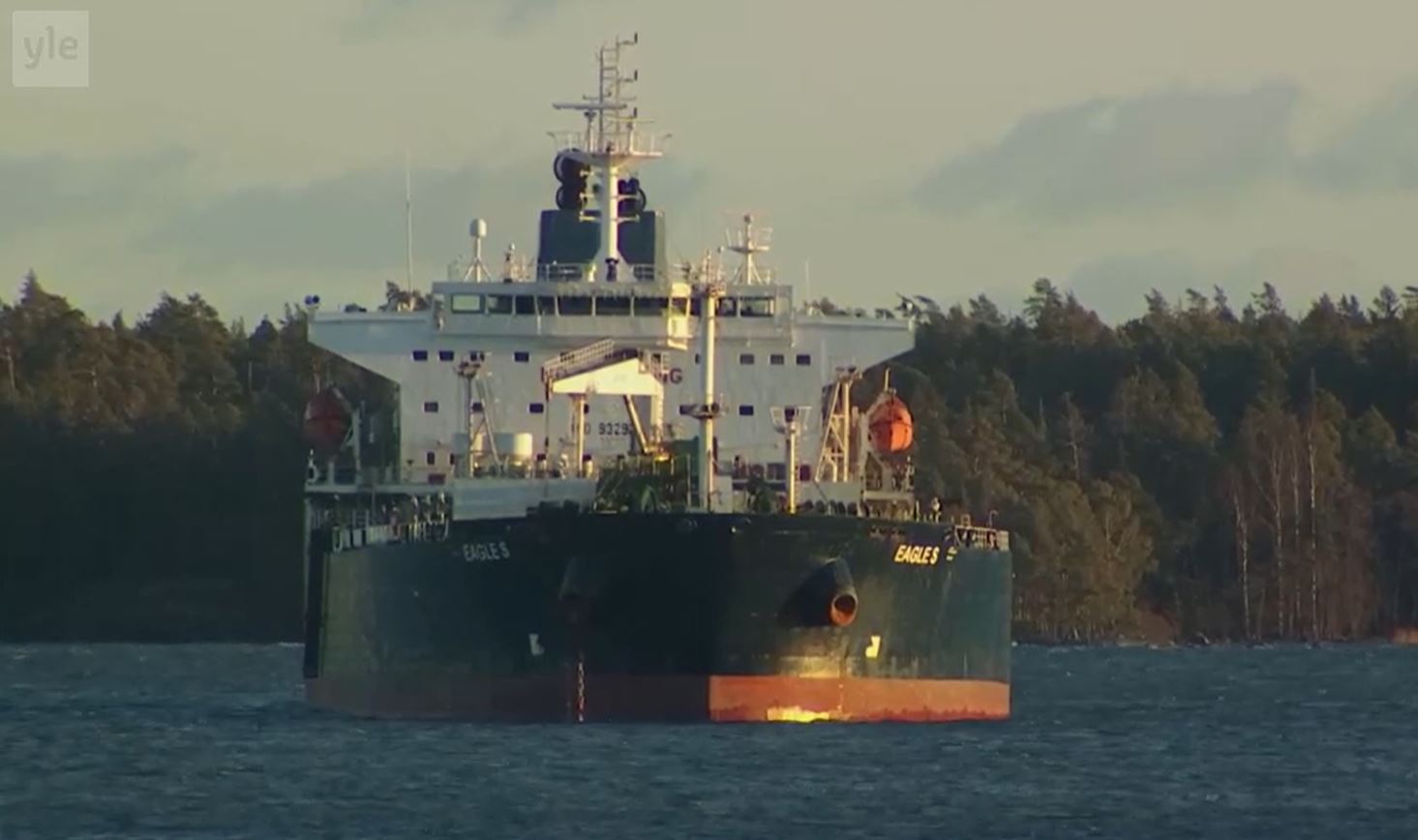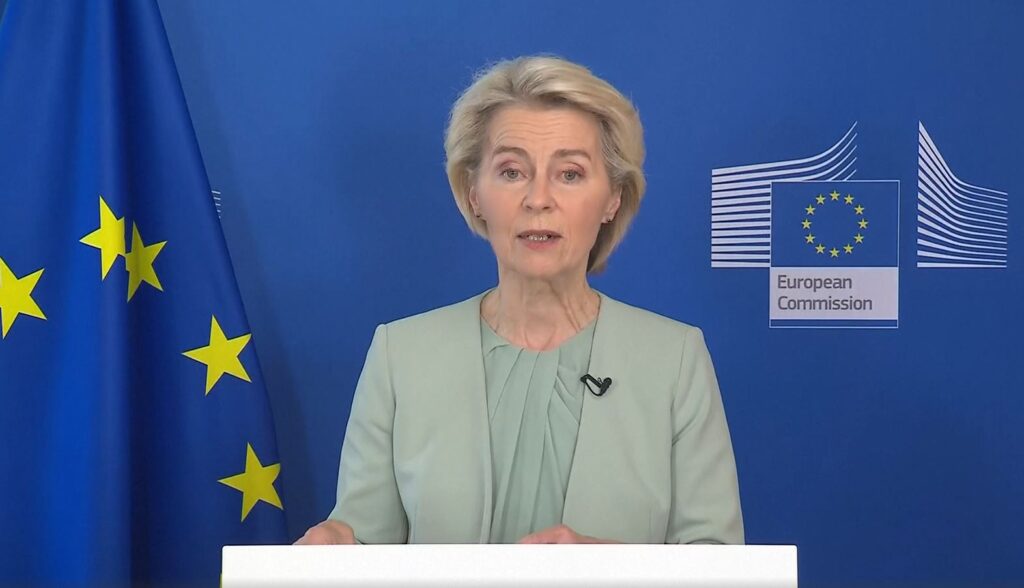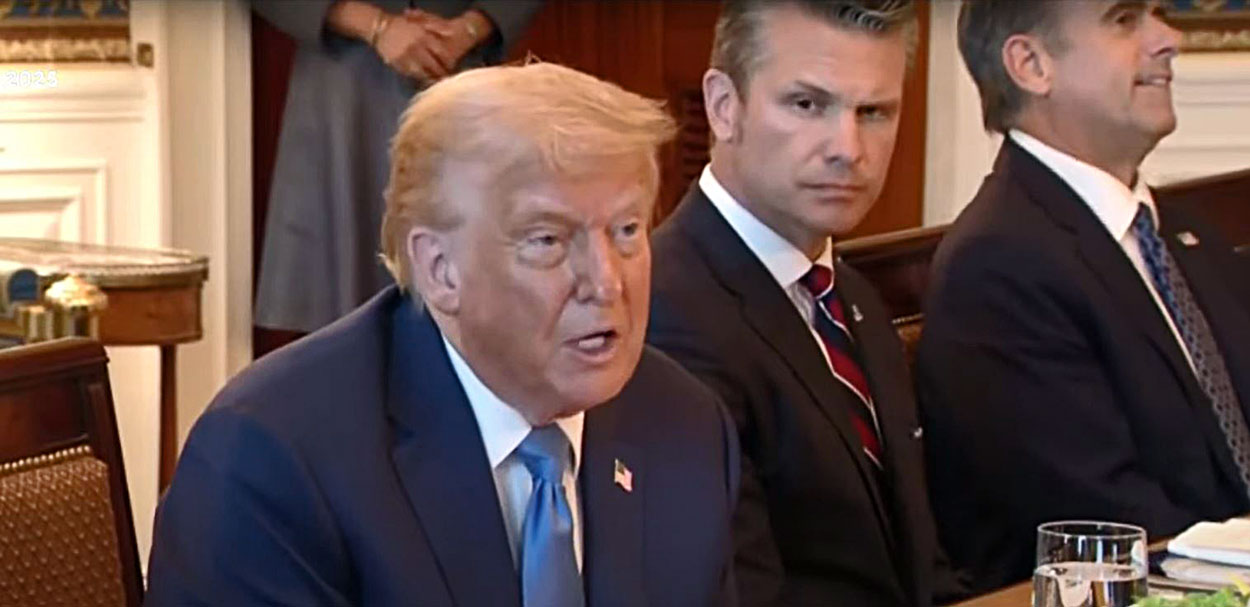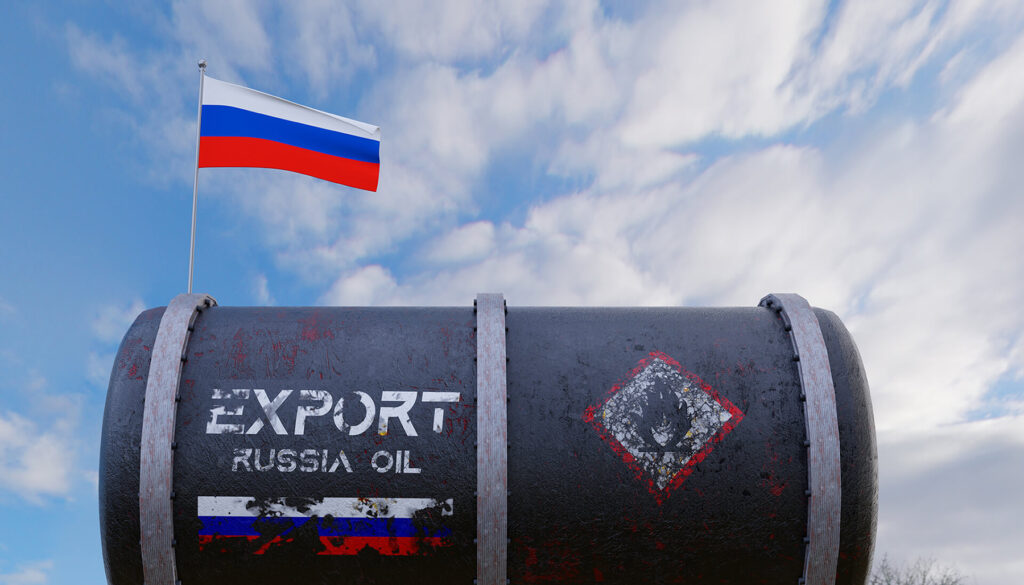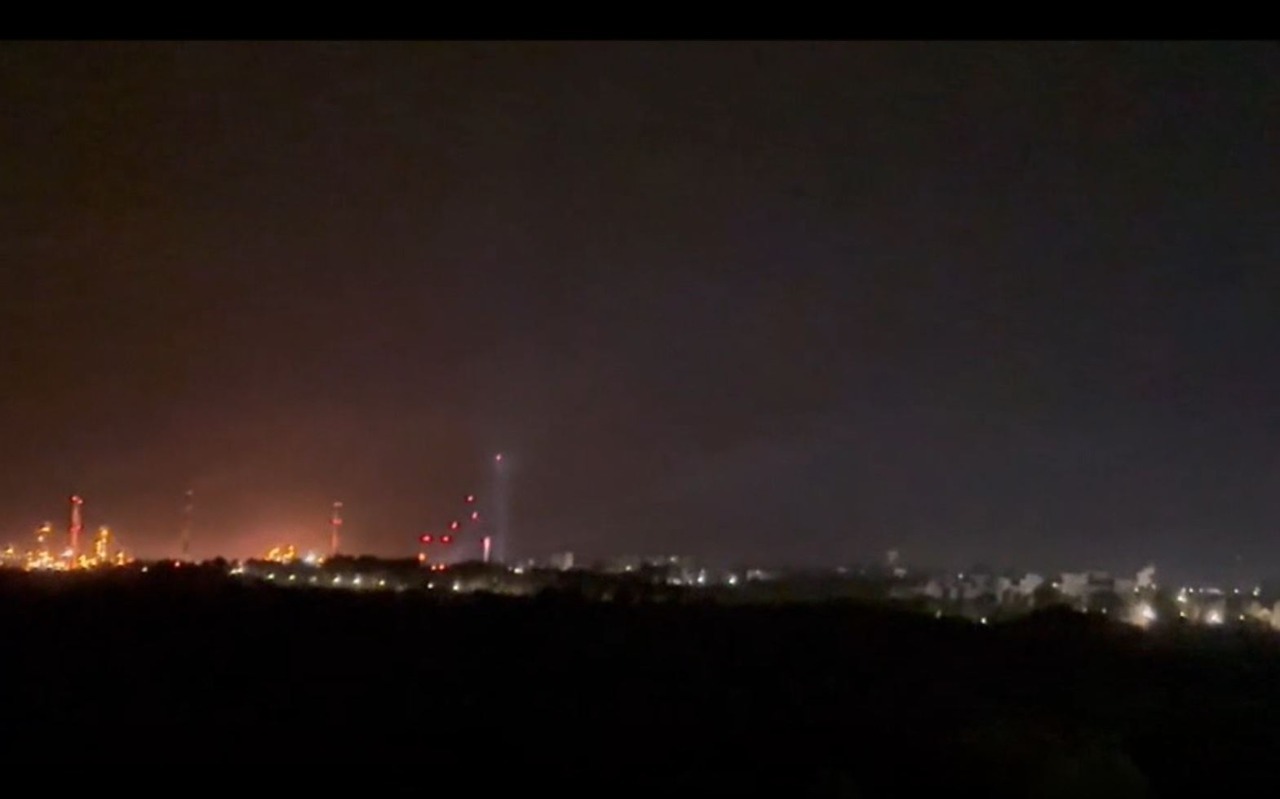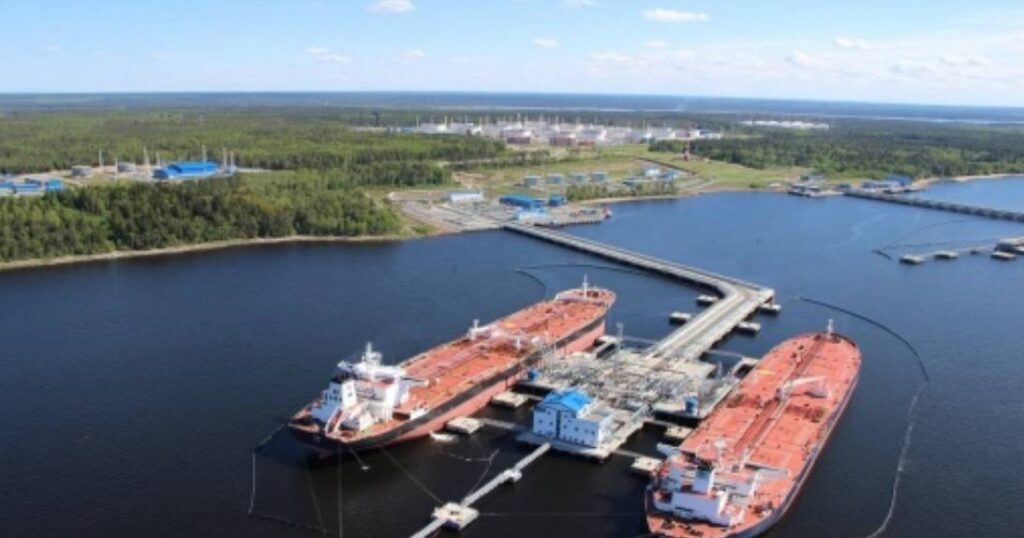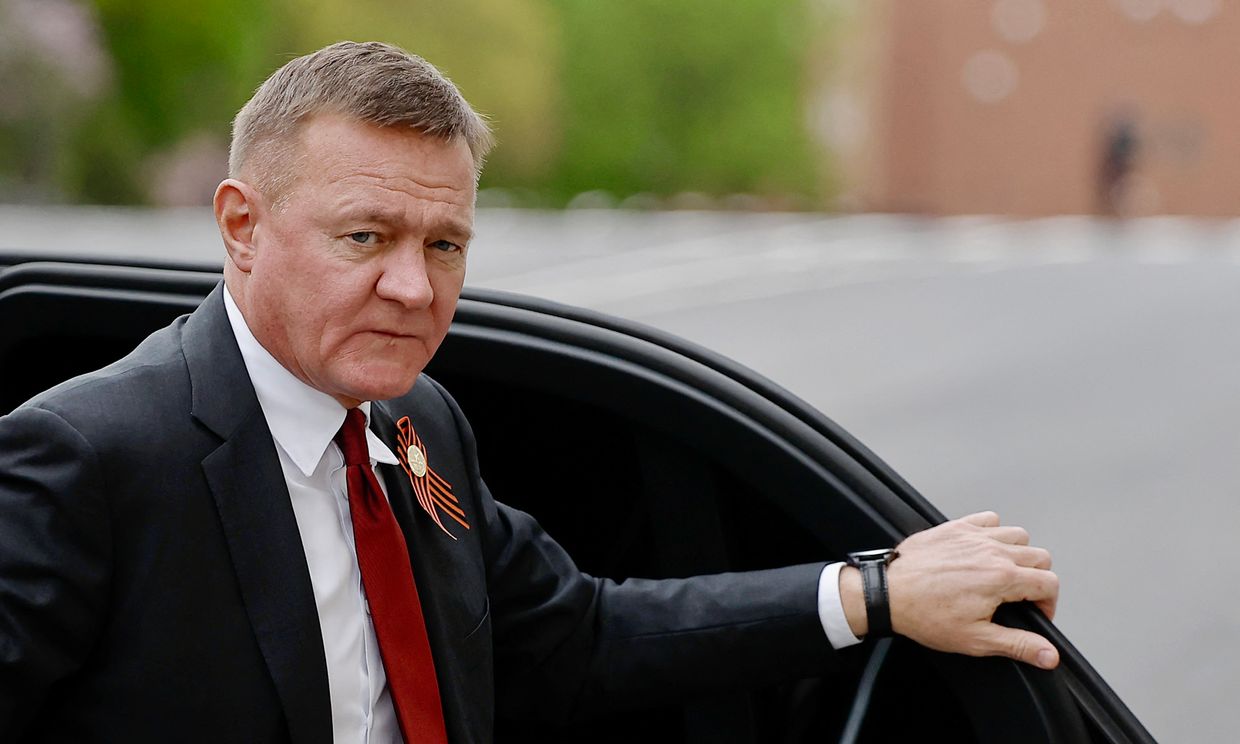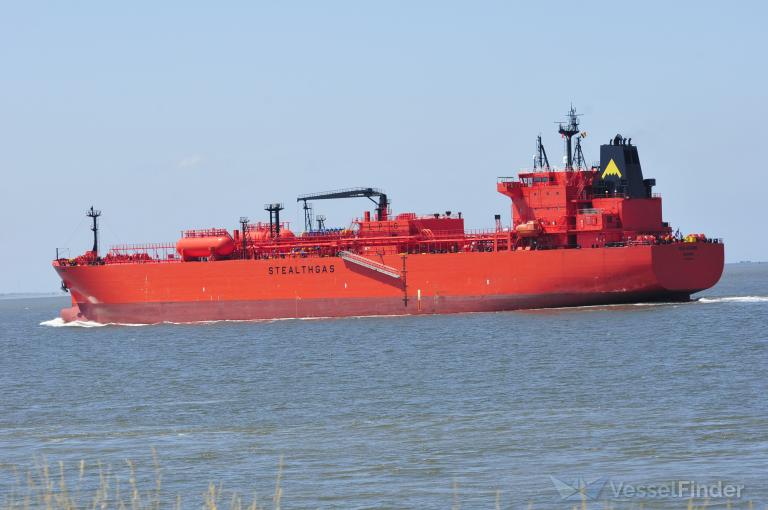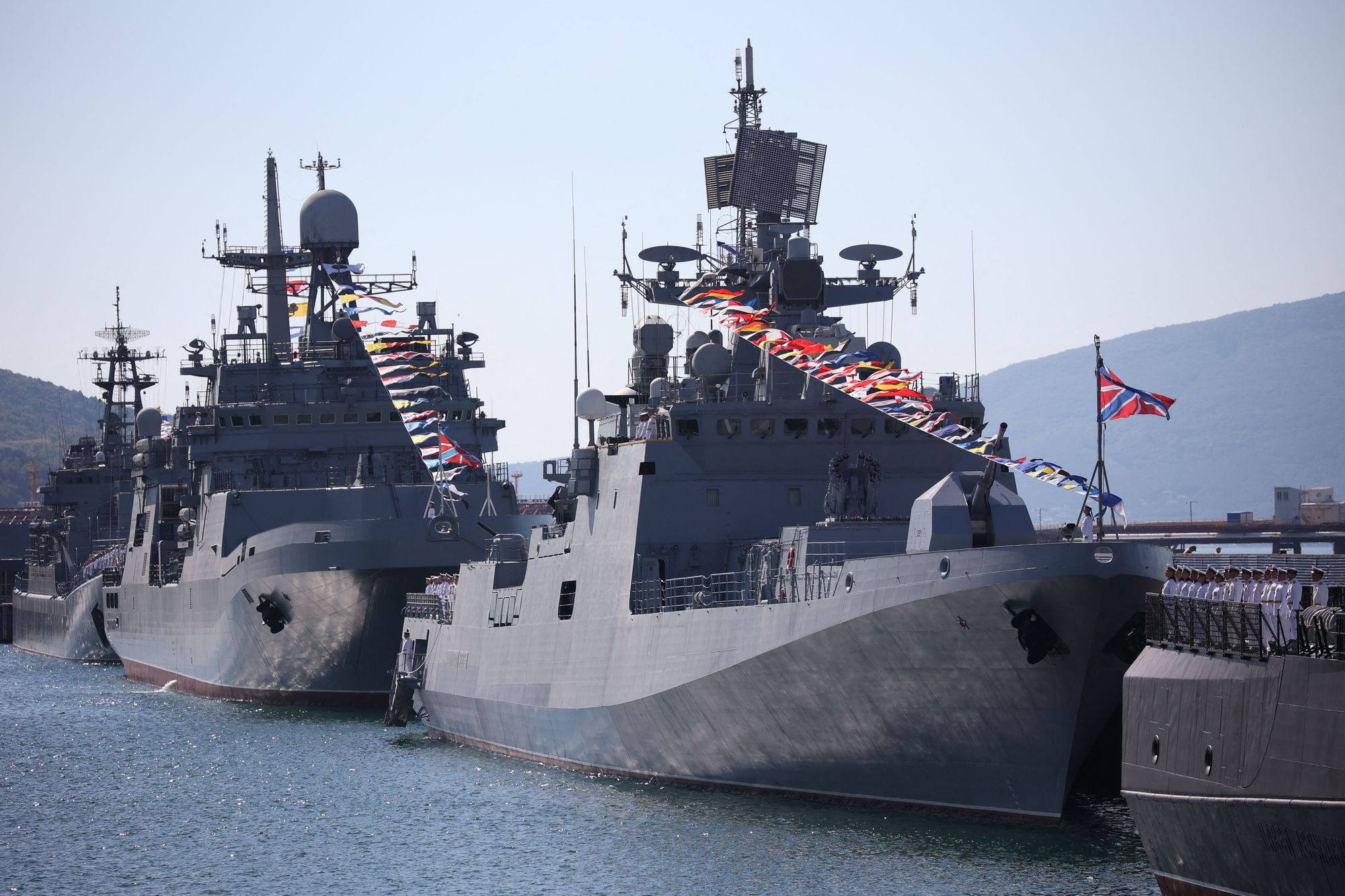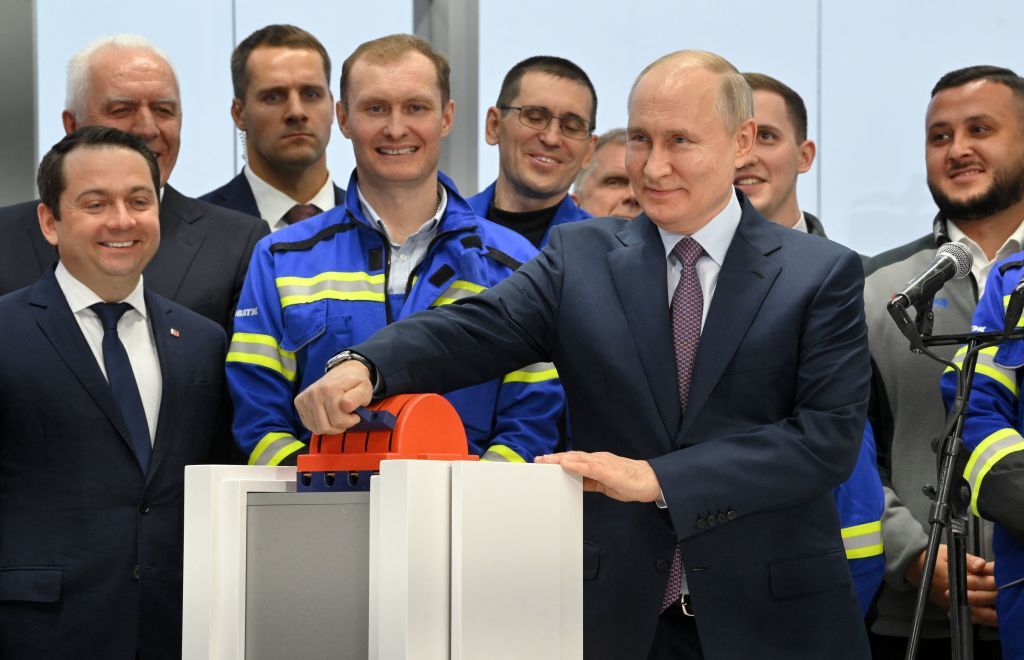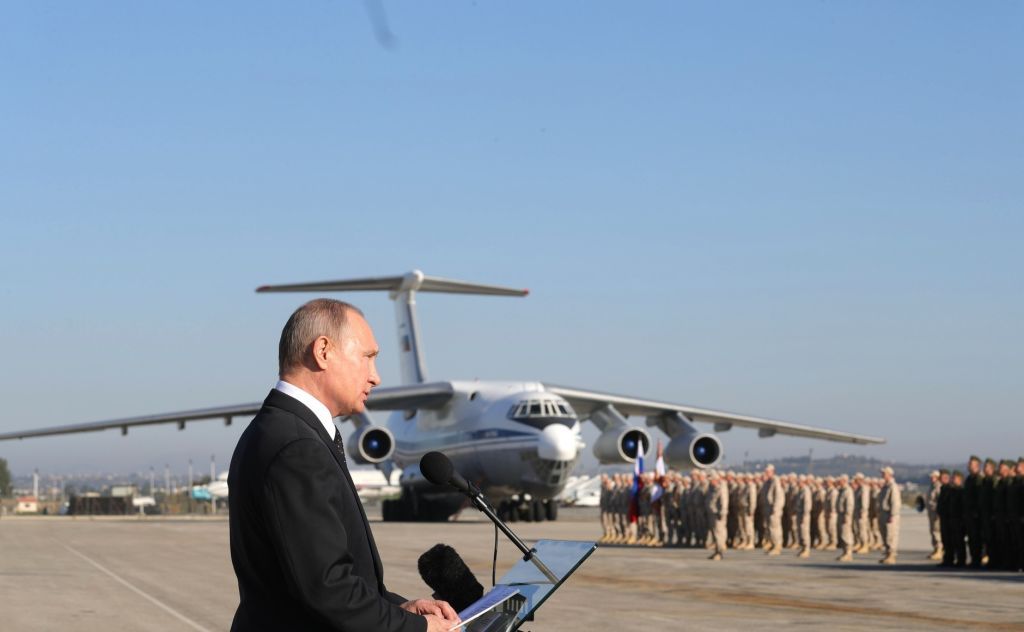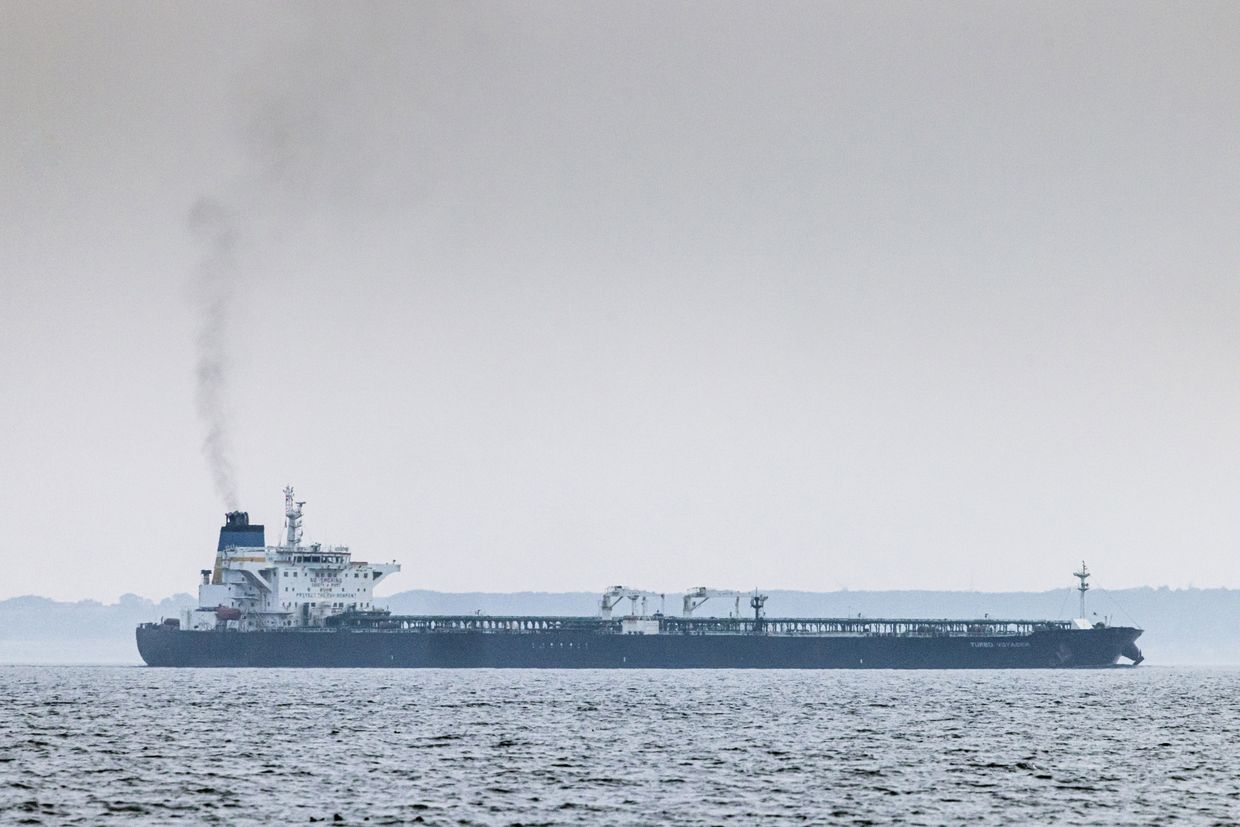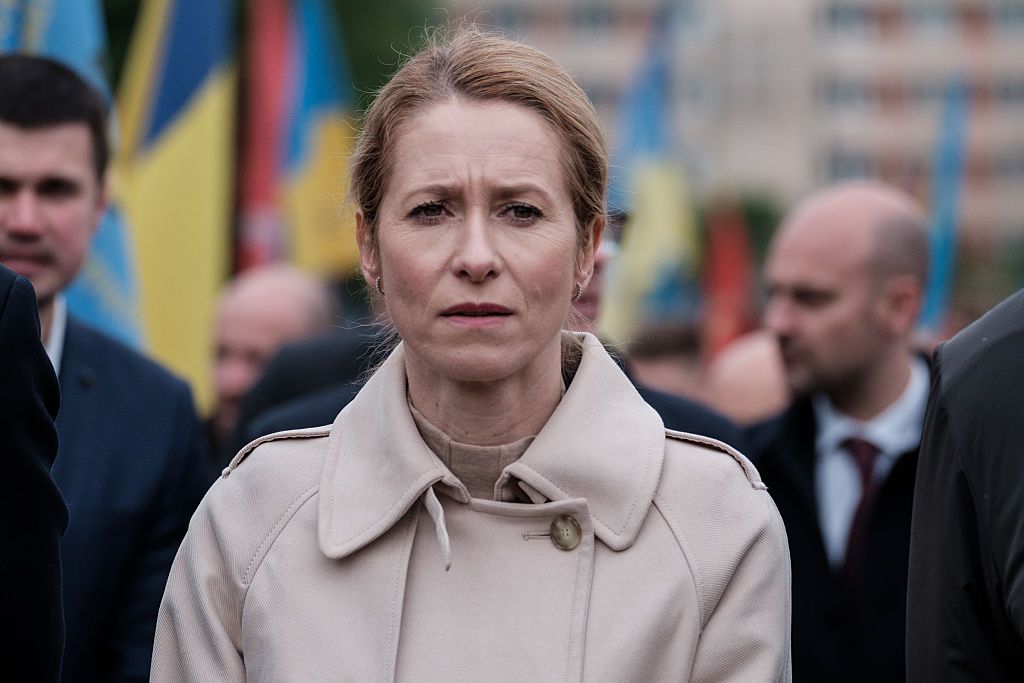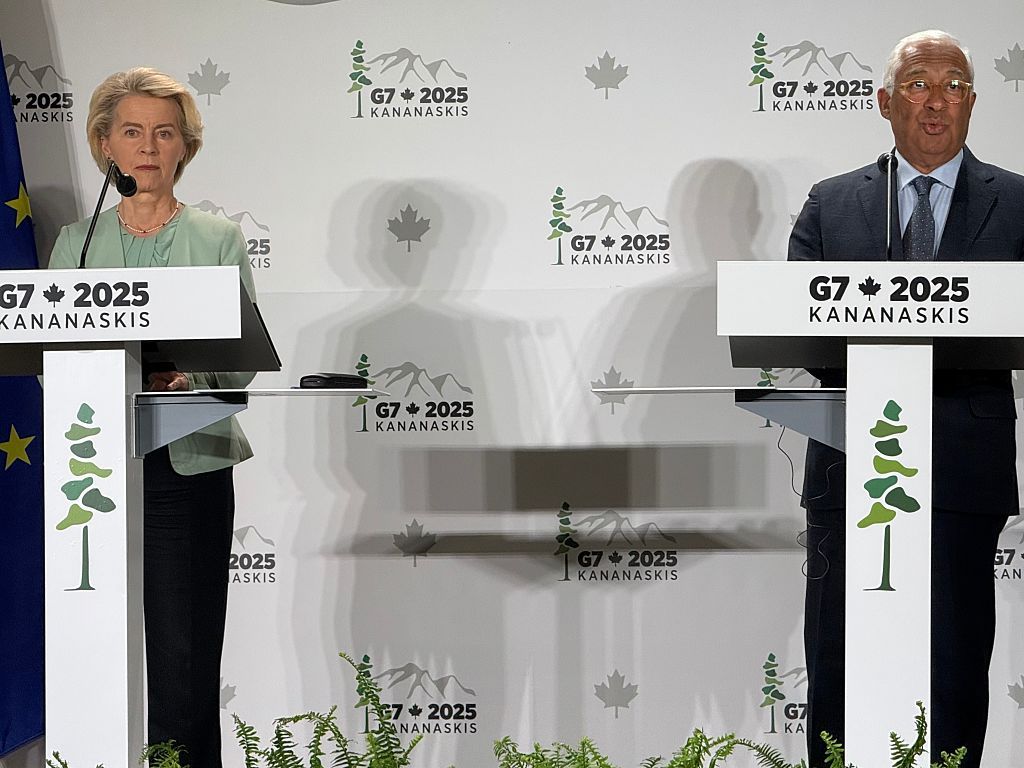Russia controls 1 in 5 “shadow fleet” oil tankers worldwide to dodge sanctions and fund war
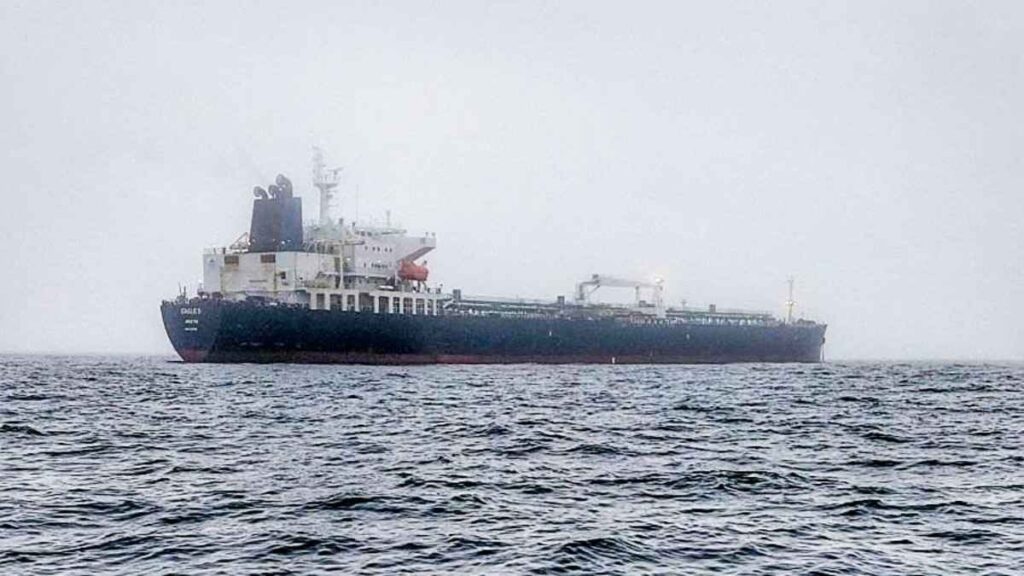
Russia operates approximately 17% of all active oil tankers worldwide through its “shadow fleet,” according to analysis published by The New York Times.
The 940 aging vessels allow Moscow to sidestep Western sanctions and keep war funding flowing.
The fleet has exploded in size—up 45% in just one year, according to S&P Global Market Intelligence data cited by the Times. These aren’t legitimate commercial operations. They’re Moscow’s workaround.
How Russia avoids shadow fleet restrictions
Here’s how it works: Ships use sketchy insurance or sail without coverage entirely. They fly flags from third countries. Most importantly, they transmit false location data to hide where they loaded Russian crude.
“The sanctions don’t put them out of business,” maritime security expert Ian Ralby told the Times. “They put them out of legitimate business.”
The fleet emerged after Europe banned Russian seaborne oil imports in late 2022 in response to its full-scale aggression in Ukraine.
Moscow suddenly needed India and China to buy its oil instead of European customers. Those longer shipping routes to Asia required more vessels. Russia also wanted to dodge the $60-per-barrel price cap imposed by the G7, European Union, and Australia. The EU and Britain have since dropped that ceiling even lower.
The deception creates what the Times calls “plausible deniability” for oil buyers who can claim they didn’t know the cargo’s true origin.
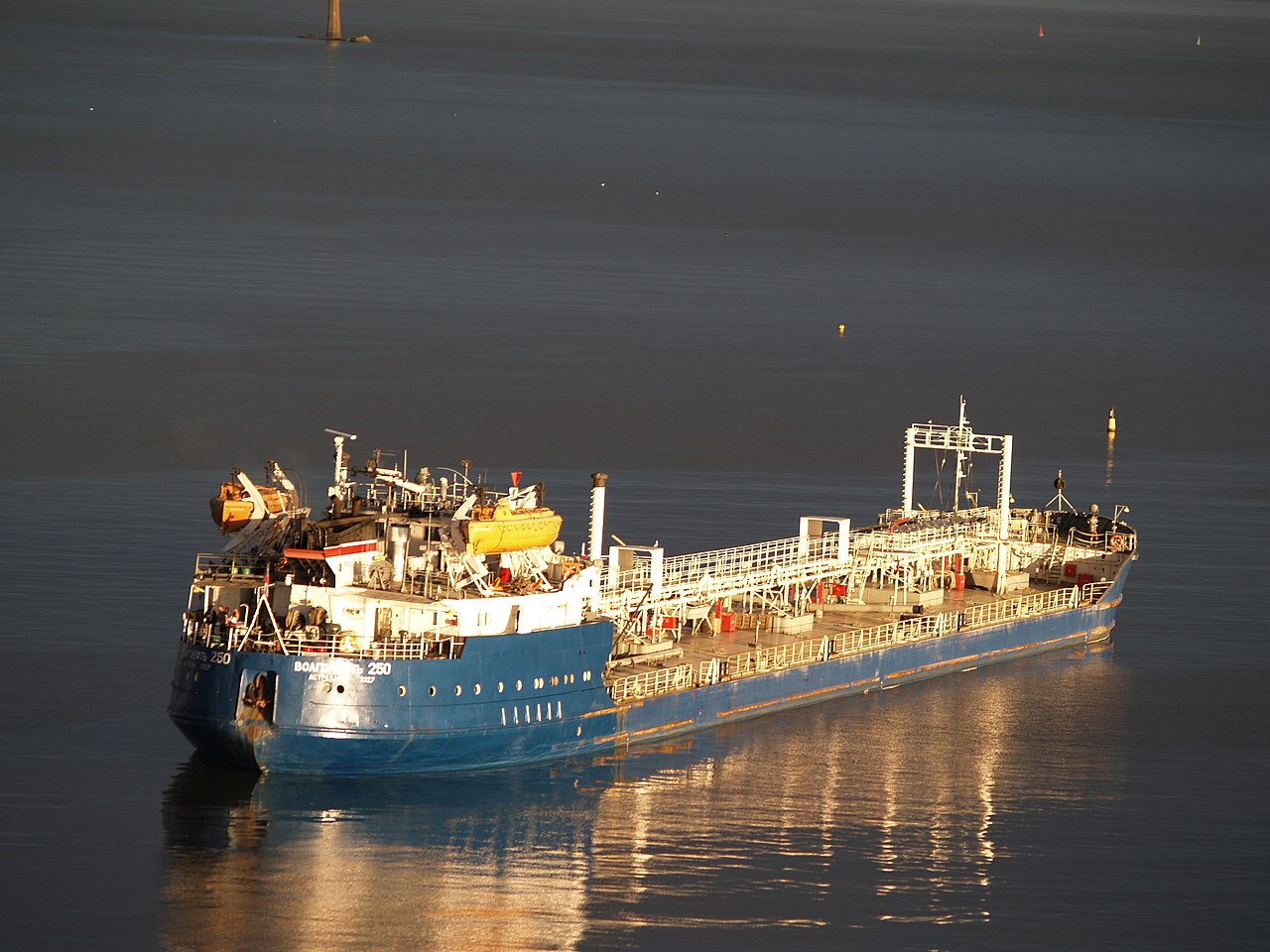
Oil tanker from Russian shadow fleet towed to German port after floating adrift in Baltic Sea
Environmental and security threats of shadow fleet
However, this system poses significant environmental risks, according to experts quoted by the Times. The shadow fleet vessels average 20 years in age, compared to 13 years for the global oil tanker fleet broadly.
“Lack of insurance combined with the really old vessels — this just increases the risk of environmental catastrophe,” Natalia Gozak, office director of Greenpeace Ukraine.
Western intelligence also suspects some vessels of underwater sabotage against pipelines and cables.
Western enforcement response
In response, Western nations have intensified enforcement efforts. The European Union has placed more than 500 shadow fleet ships on sanctions lists as of its latest announcement, while the United States, Britain, Canada, and Australia are also targeting these vessels.
Commission President Ursula von der Leyen announced in August that the EU would adopt its 19th sanctions package against Russia in September. The package was expected on 17 September, but Brussels postponed its presentation.
However, the ships continue finding workarounds, including transferring cargo at sea and “flag hopping” by changing registrations to conceal identities.
Ben Harris, a former Biden administration Treasury official who helped architect the price cap, acknowledged the system’s imperfections while arguing that sanctions still impose costs on Russia through expensive shipping routes and fleet construction.
